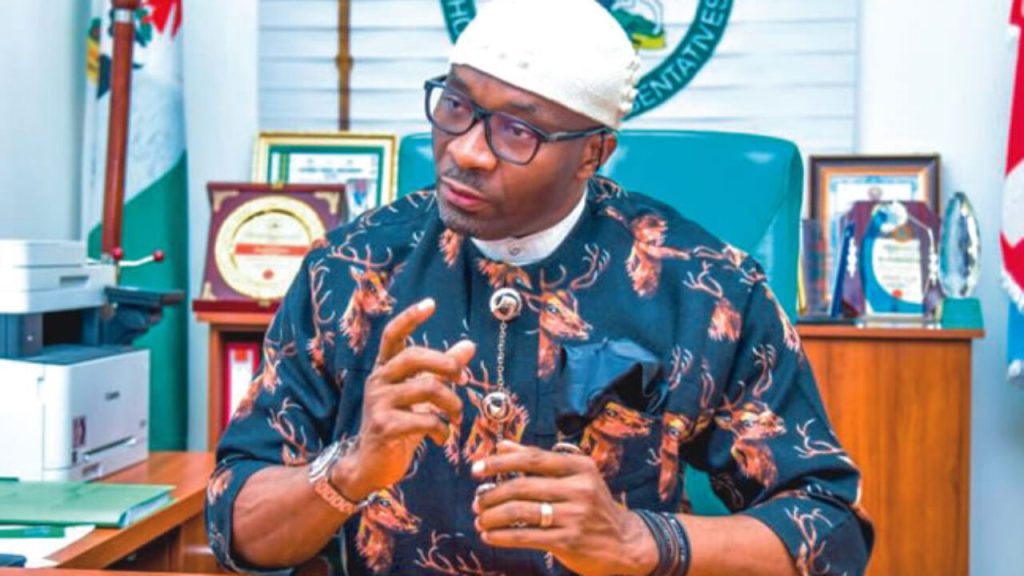A prominent political ally of Nigerian opposition figure Peter Obi has accused shadowy forces of orchestrating a systematic campaign to undermine the former presidential candidate’s potential 2027 bid. Oseloka Obaze, a former Secretary to the Anambra State Government under Obi’s administration and a seasoned United Nations diplomat, levied the claims in a widely circulated social media essay, sparking renewed debate about Nigeria’s charged political landscape.
Obaze asserted that Obi’s growing influence—particularly among Nigeria’s youth—and his perceived credibility as a presidential contender have triggered coordinated efforts to “demarket” him. “Politicians with vested interests are deploying trolls, disinformation, and subterfuge,” Obaze wrote, alleging that well-funded operatives are amplifying anti-Obi narratives to diminish his prospects ahead of the 2027 elections. He singled out actors within Nigeria’s power structures and even individuals posing as members of Obi’s Igbo ethnic community, accusing them of spreading “factually damaging” critiques to fracture his support base.
The former governorship candidate framed the alleged smear campaign as a reaction to Obi’s rising prominence. “The onslaught is so intense, you’d think he is the only person running for president in 2027,” Obaze noted, describing the tactics as part of a broader struggle against systemic corruption and entrenched political interests. While acknowledging Obi’s controversial 2023 loss—widely challenged by supporters who claim the election was marred by irregularities—Obaze argued that the Labour Party leader’s popularity has only grown. “Nigerians own Peter Obi as much as he owns himself. He is now a national asset,” he wrote.
Addressing speculation about Obi’s political future, Obaze dismissed notions of the politician stepping aside. “If Obi runs, he might not win; if he does not run, he is guaranteed not to win,” he stated, suggesting that public demand would compel another campaign. He framed the upcoming election as pivotal for Nigeria’s stability, citing widespread disillusionment with current leadership and a “national mindset” among voters determined to safeguard their choices. “The electoral mandate stolen in 2023 was not just Obi’s—it belonged to Nigerians,” Obaze asserted, predicting that voter turnout for Obi would “double” in 2027, even if it required personal sacrifices.
Reflecting on Obi’s 2023 strategy, Obaze hinted that bypassing traditional power brokers may have contributed to his disputed loss. “He refused to seek blessings from those who believe they own Nigeria,” he wrote, implying that future efforts would need to balance grassroots mobilization with navigating the country’s complex political machinery.
The essay’s publication coincides with intensifying speculation about Nigeria’s next electoral cycle, underscoring the polarizing role Obi continues to play in national discourse. As debates over governance, equity, and youth mobilization dominate public forums, Obaze’s claims highlight the high-stakes maneuvering unfolding ahead of what many anticipate to be a fiercely contested race.



